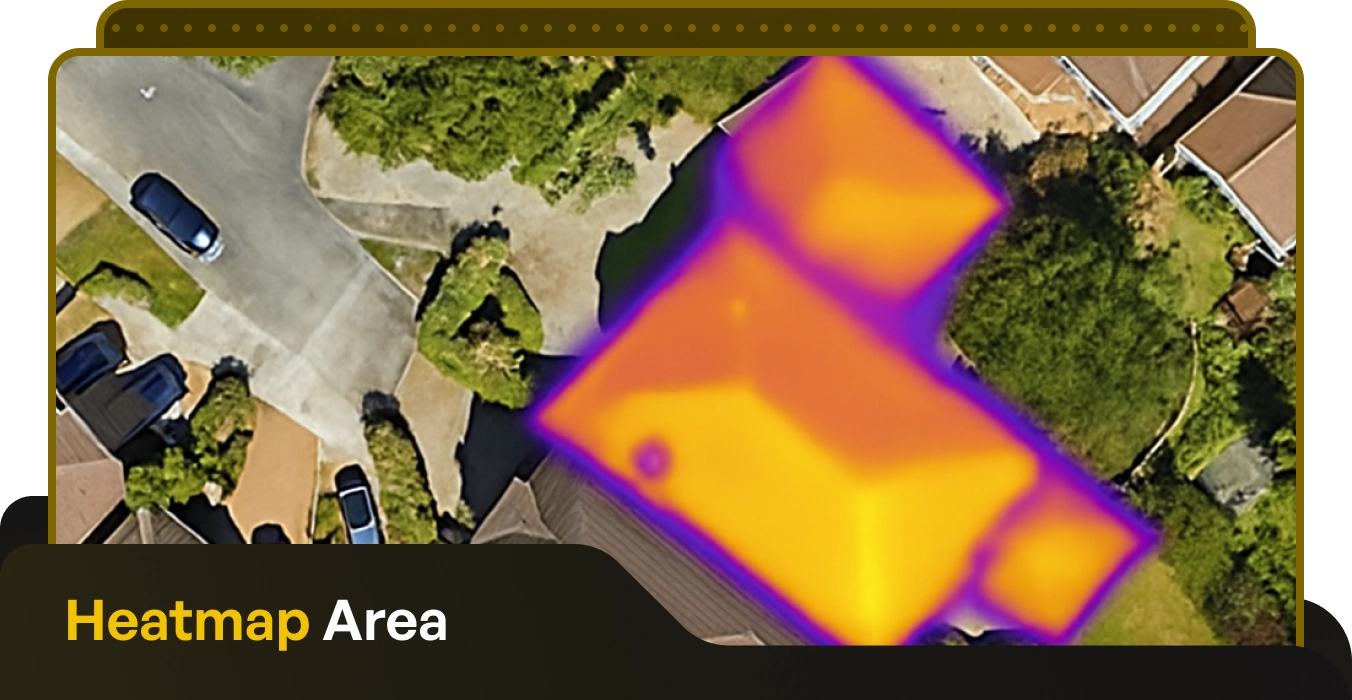Table of Contents
- 1
- 2
- 3
- 4
- 5
- 6
- 7
- 8
- 9
- 10
- 11
- 12
- 13
Solar Panels Ireland Guide (2026): Costs, Savings & Grants
Key Takeaways
- 1
Solar Panels in Ireland cost most homeowners between €4,700 & €8,700 in 2026 with SEAI grant aid.
- 2
The SEAI solar grant offers up to €1,800 to reduce the cost of solar panels.
- 3
Home solar panels have a payback period of approximately 6 – 7 years.
- 4
High-quality solar panels will have a manufacturer’s warranty of 25 – 30 years.
The Cost of Solar Panels Ireland
Everything Your Need to Know in 90 Seconds
What is the cost of solar panels in Ireland now?
The average cost of a solar PV system in Ireland in 2026 will be approximately €7,800 with the SEAI grant, or €9,600 without it. This is based on getting 13 – 14 solar panels, which is about average in Ireland.
This includes the cost of the components, such as the solar panels and inverter. It also includes the installation costs and wiring.
Adding optional extras such as a solar battery or a power diverter for the immersion can significantly increase the average cost of a solar PV system in Ireland.
A solar battery can add up to €3,000 to the cost of a solar PV system, while a power diverter might add €300-€600 onto the price tag.
Solar Panels Ireland Cost Calculator
Get a quick estimate for how much different-sized home solar PV systems will cost, how much you can save, and what their payback period is.
Use our more detailed solar panel cost calculator to see how many solar panels you can get on your home, along with their projected cost and the annual savings you can expect.
Detailed Solar Panel Costs & Savings by Irish Home Type
Solar Panel Cost for a Two Bedroom Terraced House
This is the solar cost and performance for a terraced house, with adequate space for an array of eight south facing solar panels.
| Cost breakdown | Price |
|---|---|
| Initial Cost | €7,350 |
| SEAI Grant | – €1,700 |
| Net Cost | €5,650 |
This contains an array of eight 440W solar photovoltaic panels generating a total of 3,000 kWh annually. This equates to a saving of around €846 per year.
A 3.5kWp solar panel system could generate over 3,000 kWh every year for over 25 years on south-facing roofs, paying for themselves in approximately 6 years and 8 months.
A tree captures approximately 25kg of Co², so this is the equivalent of planting around 40 trees per year.
An eight panel solar PV system would generally require around 17 m² of roof space.
3.5 kWp Solar Panel System Price (8 Panels) – Payback Overview
Solar Panel Cost for a 3 Bedroom Semi-detached House
This is the solar cost and performance for a typical three bedroom semi-detached house with a 10-panel solar system.
| Cost breakdown | Price |
|---|---|
| Initial Cost | €8,100 |
| SEAI Grant | – €1,800 |
| Net Cost | €6,300 |
This contains an array of ten 440W solar photovoltaic panels generating a total of 3,700 kWh annually. This equates to a saving of around €1,043 per year.
A 4.4kWp solar panel system could generate over 3,700 kWh every year for over 25 years on south-facing roofs, paying for itself in approximately 6 Years.
This is the equivalent of planting over 52 trees per year for the lifespan of the solar array, a tree every week.
A 10 panel solar installation requires around 20 m² of roof space.
4.4 kWp Solar Panel System Price (10 Panels) – Payback Overview
Solar Panel Cost for a 4 Bedroom Detached House
This is the solar cost and performance for a typical three bedroom semi-detached house with a 12-panel solar system.
| Cost breakdown | Price |
|---|---|
| Initial Cost | €8,900 |
| SEAI Grant | – €1,800 |
| Net Cost | €7,100 |
This contains an array of twelve 440W solar photovoltaic panels generating a total of 4,500 kWh annually. This equates to a saving of around €1,269 per year.
A 5.5kWp solar panel system could generate over 4,500 kWh every year for over 25 years on south-facing roofs, paying for itself in approximately 5 Years & 7 Months.
This is the equivalent of planting over 63 trees per year for the lifespan of the solar array.
A 12 panel solar installation requires around 25 m² of roof space.
5.28 kWp Solar Panel System Price (12 Panels) – Payback Overview
Solar Panel Cost for a 5+ Bed Detached House
This is the solar cost and performance for larger detached houses with five or six bedrooms and plenty of roof space.
| Cost breakdown | Price |
|---|---|
| Initial Cost | €10,000 |
| SEAI Grant | – €1,800 |
| Net Cost | €8,200 |
This contains an array of sixteen 440W solar photovoltaic panels generating a total of 6,100 kWh annually. This equates to a saving of around €1,720 per year.
A 7kWp solar panel system could generate up to 6,100 kWh every year for over 25 years on south-facing roofs, paying for itself in approximately 4 years and 9 months.
This is the equivalent of planting over 80 trees per year for the lifespan of the solar array.
A 12 panel solar installation requires around 32 m² of roof space.
7.04 kWp Solar Panel System Price (16 Panels) – Payback Overview
What affects the solar panel cost for a home?
The cost of installing solar panels on your roof in Ireland will depend on multiple technical factors. This includes the equipment you use and your roof’s characteristics.

Solar Array Capacity
The larger the number of solar panels in the system, the higher the cost will be.
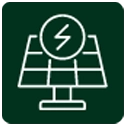
Roof Accessibility
An awkwardly shaped roof can extend the time and cost of installing solar panels.

Equipment Quality
Using higher-quality solar panels and other materials is more costly, but it will ultimately pay off in the long term.

Distance from Installer
Long travel times can extend a two-day job to three day. This adds to your total cost.

Optional Extras
Adding a power diverter to your solar PV system will cost roughly €450 – €650, while a solar battery could add €1,700 – €3,000.
How Our Solar Costs and Savings are Calculated
The prices and savings on this page are based on the following assumptions for a standardised solar PV system.
- 1
Solar Array: Up-to-date performance data for 440W solar panels.
- 2
Cost Figures: The cost figures provided include the solar panels and string inverter, along with all installation costs.
- 3
Location: Assumes a midpoint in Ireland between the weather extremes in the northwest and southeast of the country.
- 4
Roof Suitability: The house in these examples has a south facing roof at an angle of 30 degrees.
- 5
Electricity Consumption: Average household electricity consumption in Ireland is set at 4,200kWh per annum by the CRU.
- 6
Electricity Prices: Uses Electric Ireland non-discounted 24hr unit prices of 34c per kWh and a feed-in tariff of 19.5c per kWh.
- 7
Solar Power Usage: 60% self-consumption and 40% exporting of solar electricity.
Solar Panel Savings for Homeowners in Ireland
How much you can save with solar panels in Ireland will vary depending on the size of your solar PV system, how much electricity you use, and how that solar electricity is used.
You can reduce your electricity bills by more than €1,500 per year with home solar panels. Your exact savings will depend on:
- Solar Array Capacity: The number of solar panels and their output capacity.
- Electricity Usage: How much electricity you use, and at what time of the day.
- Electricity Prices: What you pay per unit of electricity imported and exported.
The average payback period for solar panels in Ireland is 6 – 7 years if you are buying in 2025. Larger systems have a much shorter payback period than smaller ones. This is due to the high price of electricity and the low cost of solar panels.
With a useful operational lifespan of 25 to 30 years, solar panels deliver an excellent return on investment. They can potentially save tens of thousands of euro on electricity bills.
- 8 Panels: €21,150 Lifetime Savings / 274% ROI.
- 12 Panels: €31,725 Lifetime Savings / 347% ROI.
- 16 Panels: €43,005 Lifetime Savings / 434% ROI.
How Many Solar Panels do I need in Ireland?
The simplest answer to how many solar panels you should get in Ireland is ‘as many as you can’. Solar panels will pay for themselves many times over in their lifespan.
The target you should aim for is best determined by your electricity usage. Factors such as roof space and budget will provide the most common constraints.
Solar PV Requirements by Home Type
- A solar PV system should equal 50 – 75% of your electricity consumption.
A solar battery can decrease the number of panels needed by increasing self-consumption.
Irish households will typically need between 8 &16 solar panels with an output of 440W each.
Roof Space and Solar PV Placement
- South facing roofs are most productive and will need fewer solar panels
- Roof space may be constrained by dormer windows or corners
- Building regulations require space between solar panels and roof edges or peaks
What Solar Grants are Available for Irish Homes?
The SEAI solar grant is the main source of aid to reduce the cost of solar panels for Irish households. In 2026, the grant is worth a maximum of €1,800.
The SEAI grant value is based on the size of the solar PV system being installed, up to a cap of 4kWp.
- 10 – 2kWp: €700 per kW
- 22 – 4kWp: €200 per kW
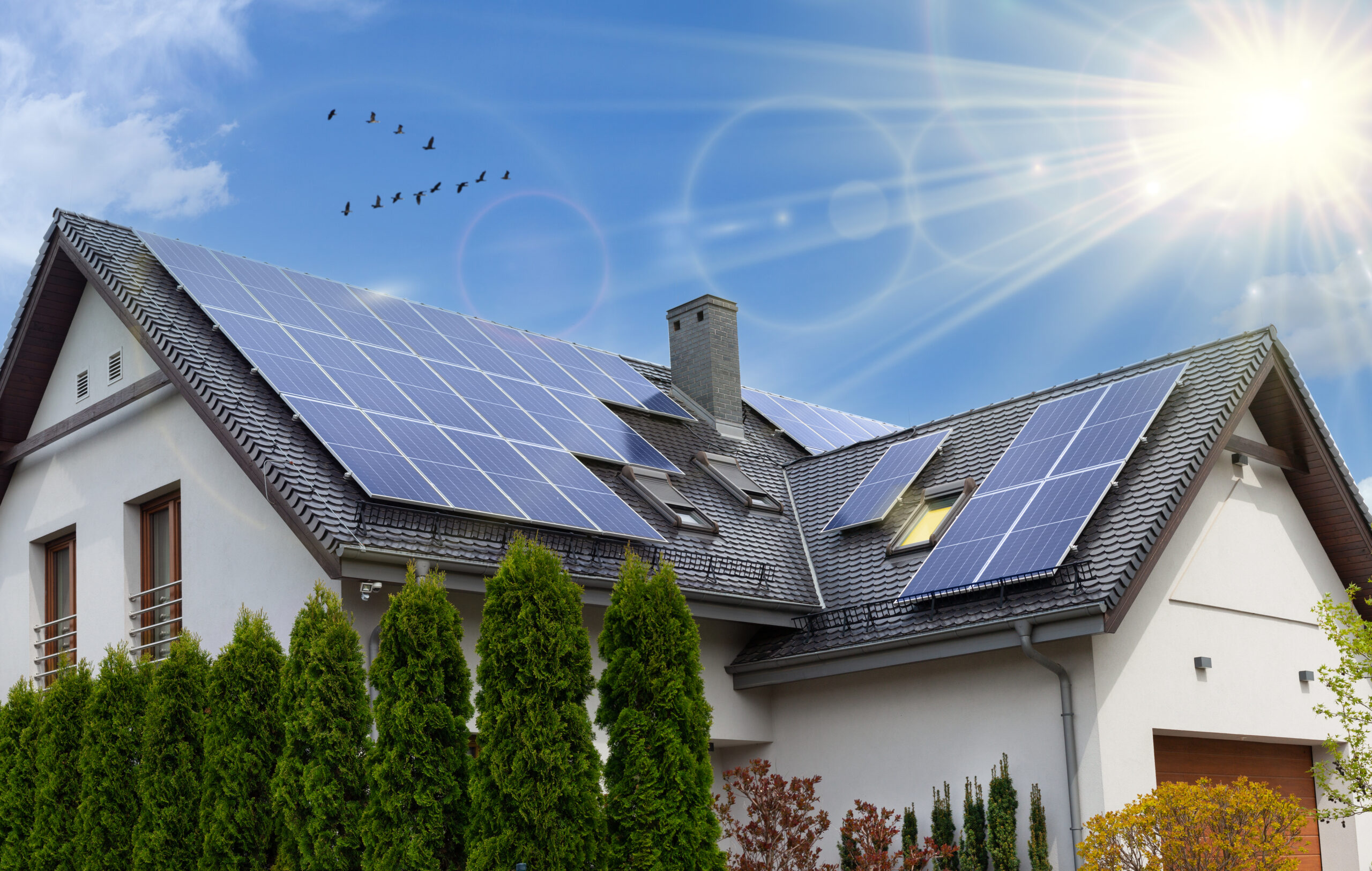
Am I eligible for a grant?
The SEAI solar grant is available for all private homeowners and landlords, as long as the property was built and occupied before 2021.
Should I get a Solar Battery for my Home?
A solar battery can provide many benefits to a house with solar panels. It can increase the amount of electricity from solar panels you use, increasing your savings, and protect against power outages.
Home During the Day? Here’s How to Decide
Solar Output: Solar Panels are most productive in the late morning and early afternoon.
- Exporting Power: Any unused solar power is exported to the grid by default.
Export Prices: The feed-in tariff for selling excess electricity is less than the cost of buying it.
Battery Costs vs Savings: the Real Math
Payback Period: Battery storage can increase or decrease the payback period of a solar PV system.
Surplus Electricity: Without much excess, a solar battery can have a 10 year payback period.
Nighttime Charging: Charging a battery at night can vastly increase its value in savings.
Battery Costs in Ireland: What You’ll Really Pay
5kW Battery: This will cost between €1,700 and €3,000 in Ireland.
Battery Costs: The installation of the battery and a more expensive hybrid inverter.
Battery Expansion: It is less expensive to buy a second battery module.
Smart Features: Battery prices vary greatly depending on what they include.
Four Scenarios Where Batteries Make Most Sense
1. Large Home: A large family home unoccupied for most of the day.
2. Blackout Protection: Homes that frequently suffer from power outages.
3. EV Charging: Using solar power to charge an electric vehicle in the evening.
4. Nighttime Charging: Charging the battery with cheap electricity at night.
Alternatives to Consider Before Buying a Solar Battery
There are two main alternatives in Ireland to using solar battery storage for excess solar power.
- 1
Feed-in Tariffs: Getting paid for selling excess electricity from your solar panels back to the grid.
- 2
Power Diverters: Making hot water with solar power by using surplus solar electricity in the immersion.
Selling excess solar power is the simplest option for homes with solar panels, as it doesn’t require any additional equipment or setup.
Homeowners are paid a fee per kWh of exported electricity, called a Feed-in Tariff. This price is set by your electricity supplier.
Are Solar Panels Worth It in Ireland?
There are many advantages to installing solar energy panels, including:
Reduced Energy Bills: A solar PV system can generate 75% of your electricity needs, saving hundreds of euro a year.
Return on Investment: Solar panels will recoup their investment cost in 6 – 7 years, and continue working for decades to come.
Energy Independence: Protect yourself from any future spikes in electricity costs in the market.
Carbon Footprint: Solar panels will make your home more environmentally friendly by reducing carbon emissions from electricity use.
The following potential downsides of solar should also be considered:
High Upfront Cost: Solar panels can represent a significant upfront cost to homeowners, even with the SEAI grant.
Roof Suitability: The orientation and pitch of your roof may make solar panels less productive than is ideal.
Grant Reduction: The SEAI grant is being cut by €300 each year, reducing the value of the savings it can deliver.
Low Winter Production: Your solar panels may become much less productive during the wintertime when sunlight is scarcer.
Choosing the Best Solar Panels in Ireland
Choosing the right solar panels for your home is about balancing their performance, warranty, and cost to find a solution that works for you. This is something that should be discussed with potential solar installers.
Top Solar Panel Brands in Ireland
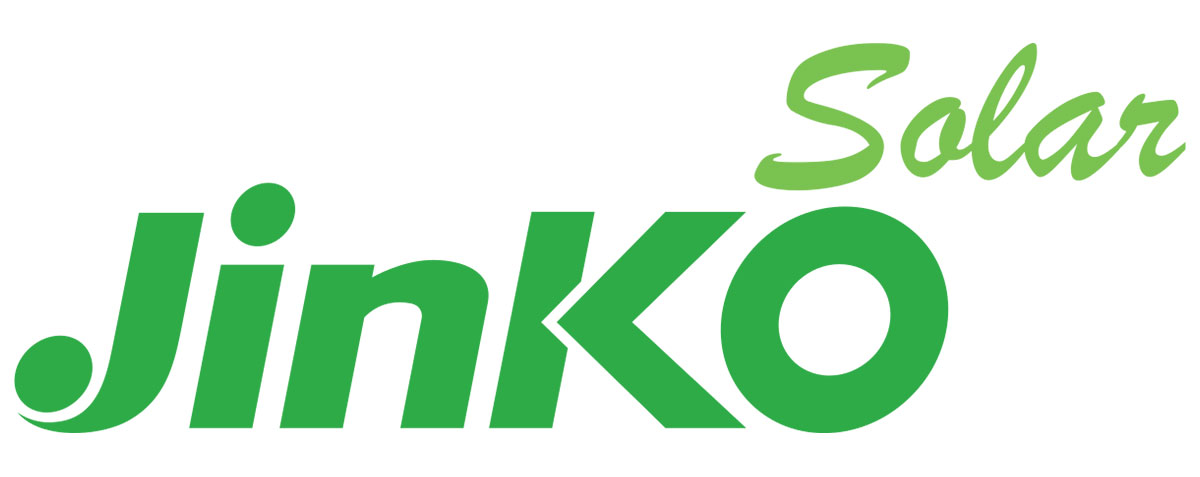
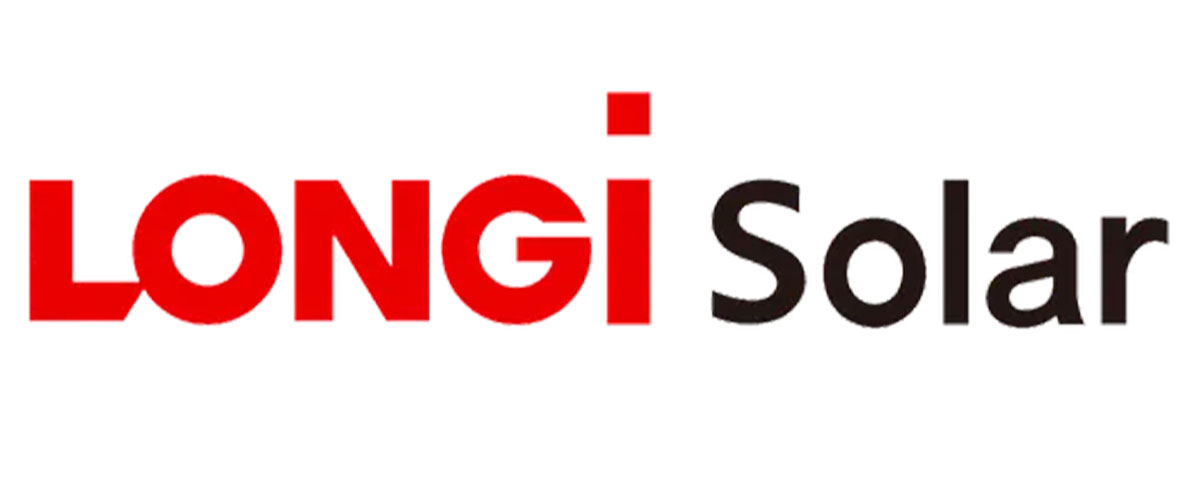
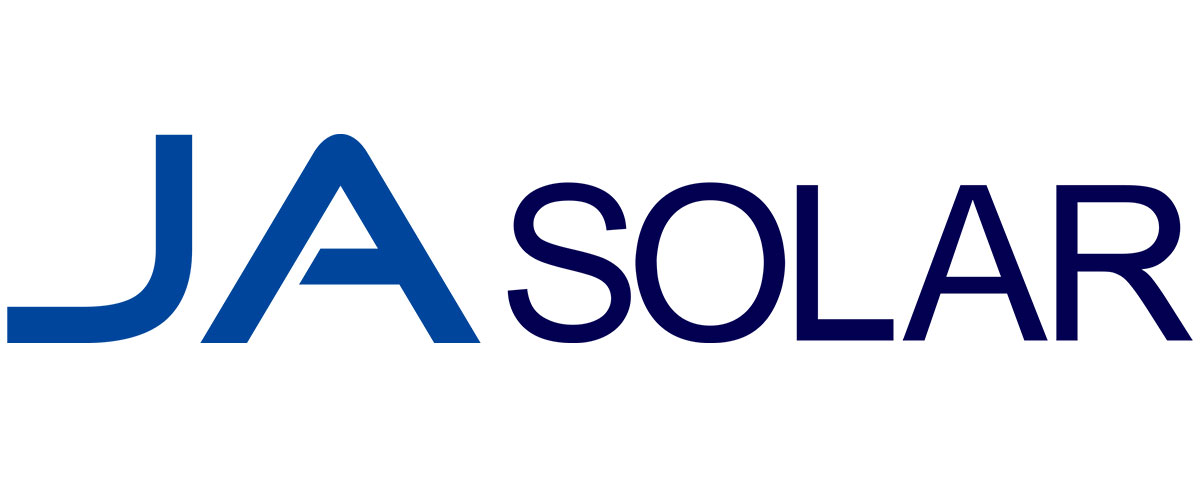
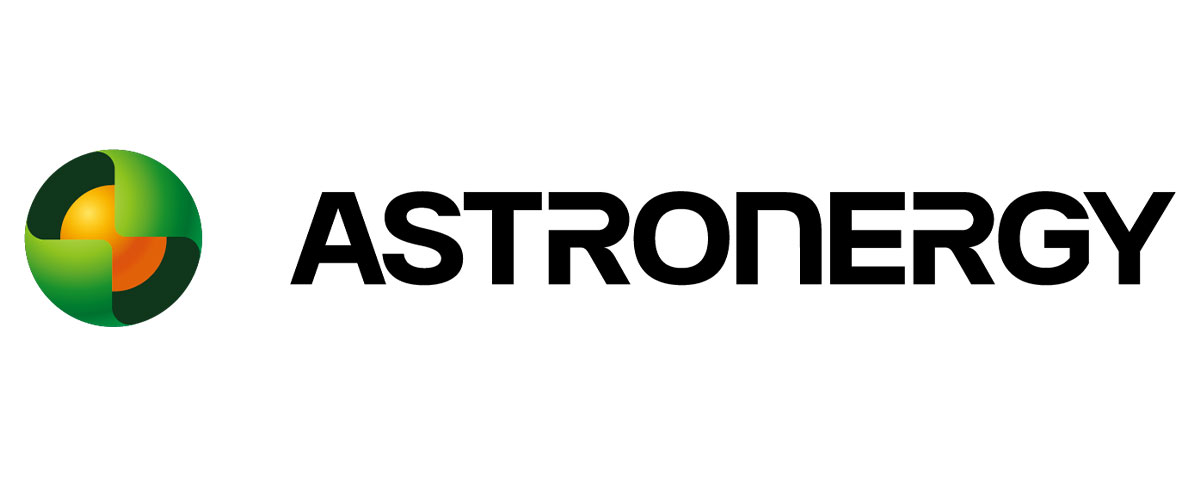
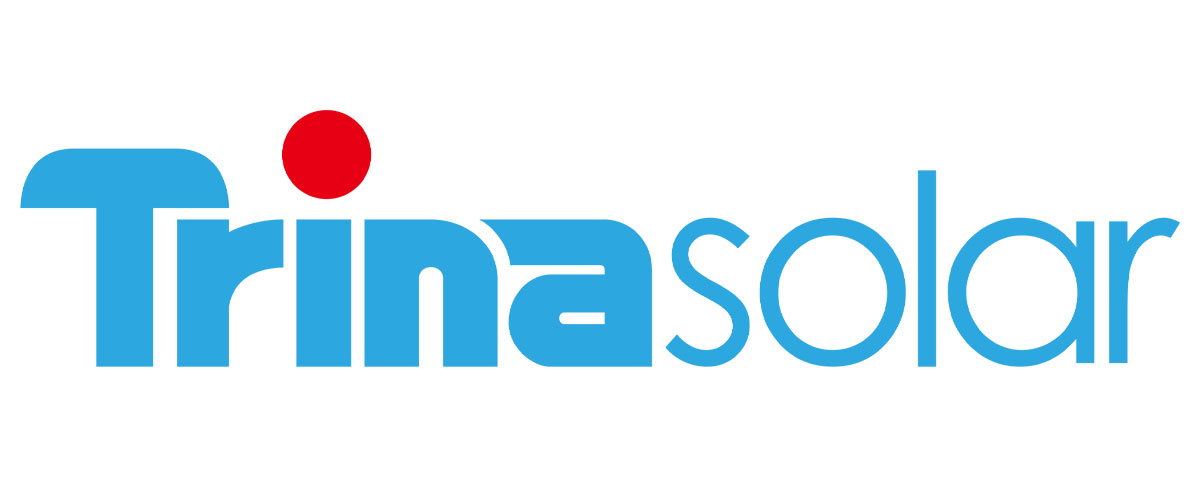
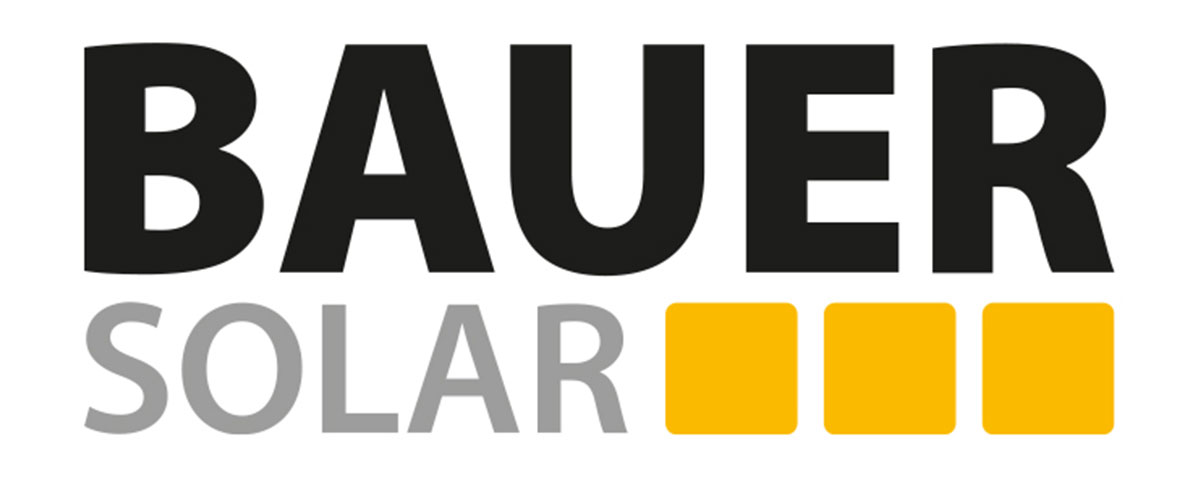
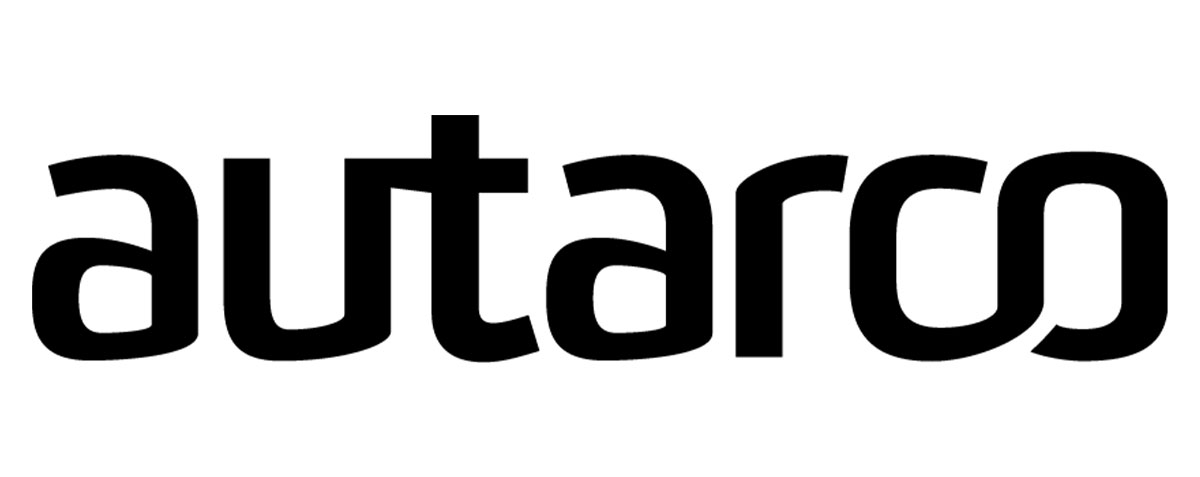
Monocrystalline vs Polycrystalline Panels
Monocrystalline and Polycrystalline refer to two different methods of manufacturing the silicon solar cells that make up solar panels.
Monocrystalline
Each cell is made from a single silicon crystal
Higher efficiency than Polycrystalline panels
Better performance in low light than Poly
More expensive due to manufacturing process
Polycrystalline
Made from multiple silicon crystals fused together
Less efficient than Monocystalline panels
Cheaper than Monocrystalline solar panels
Rarely used for residential solar panels any more
Solar Panel Warranties and Guarantees
A solar panel will come with two distinct types of warranty from the manufacturer.
- 1
Product Warranty: Your standard product warranty guarantees it is free from defect and offers protection in the event of damage.
- 2
Power Guarantee: The power guarantee promises that your solar panel will retain a certain level of original power output at the end of the warranty period.
A good product warranty for a solar panel should be at least 15 years, though you should aim for 25 – 30 years.
Power Guarantees for residential solar panels are now promising no more than 1% power loss in the first year, and 0.4% per annum each year thereafter for 25 – 30 years.
Solar Panel Installation Process in Ireland
Choosing an SEAI-Registered Installer
Make sure that you go with a solar installer who is registered with the SEAI for multiple financial and quality control reasons.
- Allows you to receive the SEAI solar grant of up to €1,800.
- Shows that the installer is confident in the quality of their work.
- May allow your solar PV system to be inspected for free.
- Provides a recourse for complaints if work is done badly.
Design, Survey & Installation
When you get in touch with a solar installer, the whole installation process will likely go something like this.
- 1Initial design and quote will be provided over the phone.
- 2A site survey will be carried out to inspect the details of your roof.
- 3The installer will provide a final design and detailed price breakdown.
- 4The installation and commissioning is done at an arranged date.
How to Choose Your Solar PV Installer in Ireland
Our directory curates some of the best solar installers in Ireland who have the expertise and experience to design a solar panel system suitable for any home.
Some of the qualities to be on the lookout for are:
- 1
Warranty Protection: Ensure that your solar installer has a good workmanship warranty and uses products with a lengthy warranty period.
- 2
Customer Reviews: Don’t accept an installer with a poor history of customer satisfaction when other options are available.
- 3
Proper Accreditation: Good installers should be registered with the SEAI, using Safe Electric registered electricians, and have strong liability insurance.
If you want to learn more about the solar installers serving your county, then you can browse them here.
Find Solar Panel Installers.
Frequently Asked Questions
There should not be any hidden costs for getting solar panels on your home. A good solar installer should provide a transparent breakdown of all costs before starting work. This may include unexpected expenses if your roof requires work or the electrical connection is complex.
The primary recurring cost for solar PV systems is the replacement of the inverter. A solar inverter should last for an estimated 10 – 15 years, and will cost €500 – €1,500. You will also need to pay for semi-regular cleaning and maintenance.
Yes, a smart meter is essential for grid-connected solar PV systems. A smart meter is necessary to get accurately paid for any electricity exported to the grid.
Yes, having solar panels on your home can increase its value by an estimated 4%. This can add thousands of euro to the value of a home in Ireland.
Solar panels have an operational lifespan of 25 – 30 years. Beyond this, it would be more economical to replace them. This is due to degradation over time and improvements in the efficiency of new panels.
No. Home solar panels have a 0% VAT rate on their components and installation costs. This can reduce the overall cost by €1,000.
No. Planning permission is not required to install solar panels on the rooftop of a house. The only exceptions are if the house is a protected structure or in a conservation area.
Yes. Financing for solar panels can be had through home improvement loans at banks or through Finance Ireland.
Get Free Solar Quotes Today
Find a local recommended solar panel installer in your area, and get your free quote today. It’s 100% cost and commitment free.

Written by: Briain Kelly
Briain Kelly is a Leinster-based journalist and content creator who has been writing about energy efficiency and renewable energy technologies for nearly three years. His research focuses on the latest news and technology related to Solar power,. Electric vehicles (EVs), Heat pumps and Home energy upgrades.
He is responsible for learning about and sharing the latest research and best practices in the world of renewables, including groundbreaking technological developments and government policy in Ireland and abroad.

Written by: Briain Kelly
Reading time: 10 mins
Briain Kelly is a Leinster-based journalist and content creator who has been writing about energy efficiency and renewable energy technologies for nearly three years. His research focuses on the latest news and technology related to Solar power,. Electric vehicles (EVs), Heat pumps and Home Energy upgrades.



